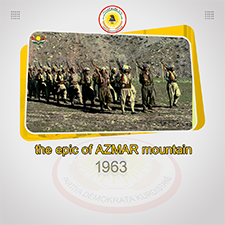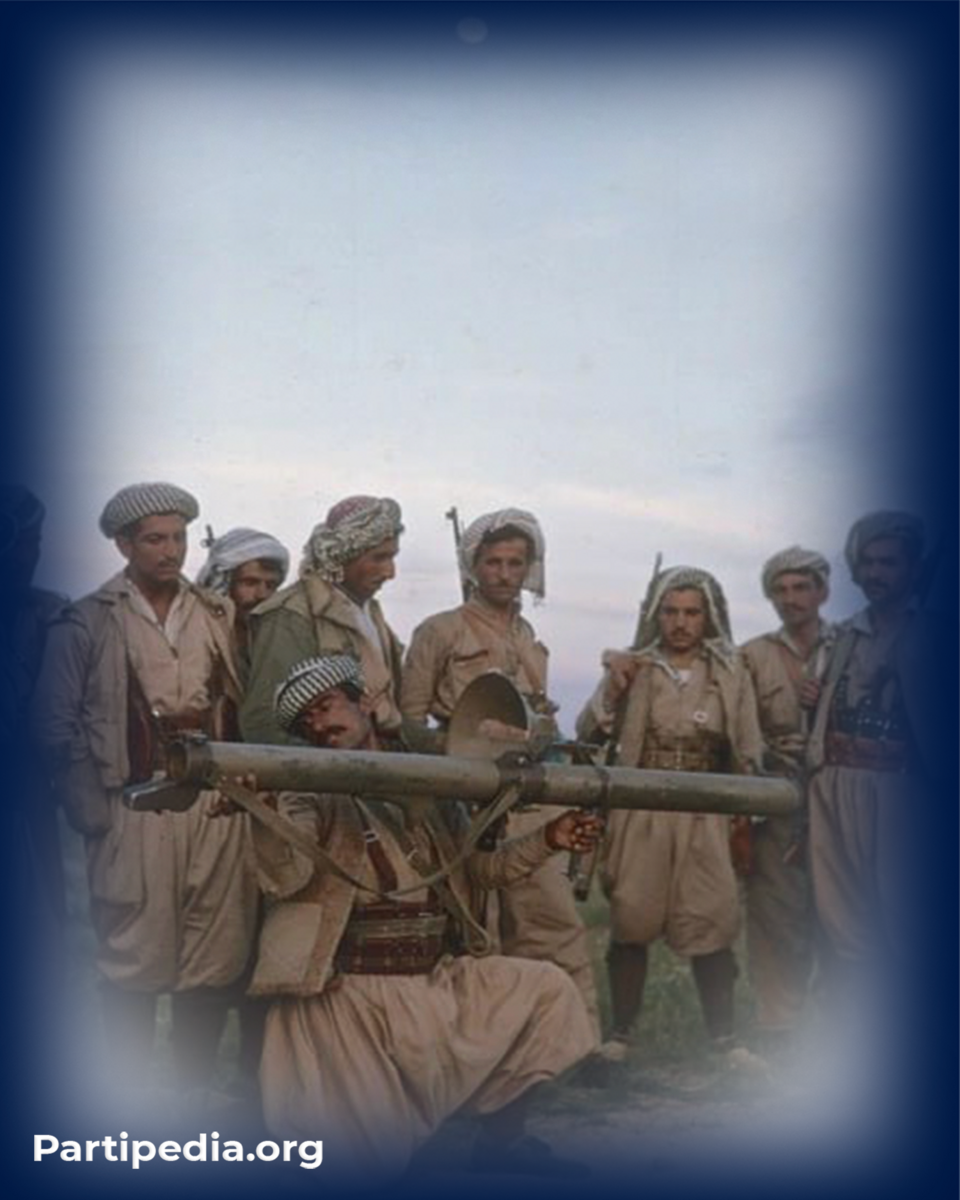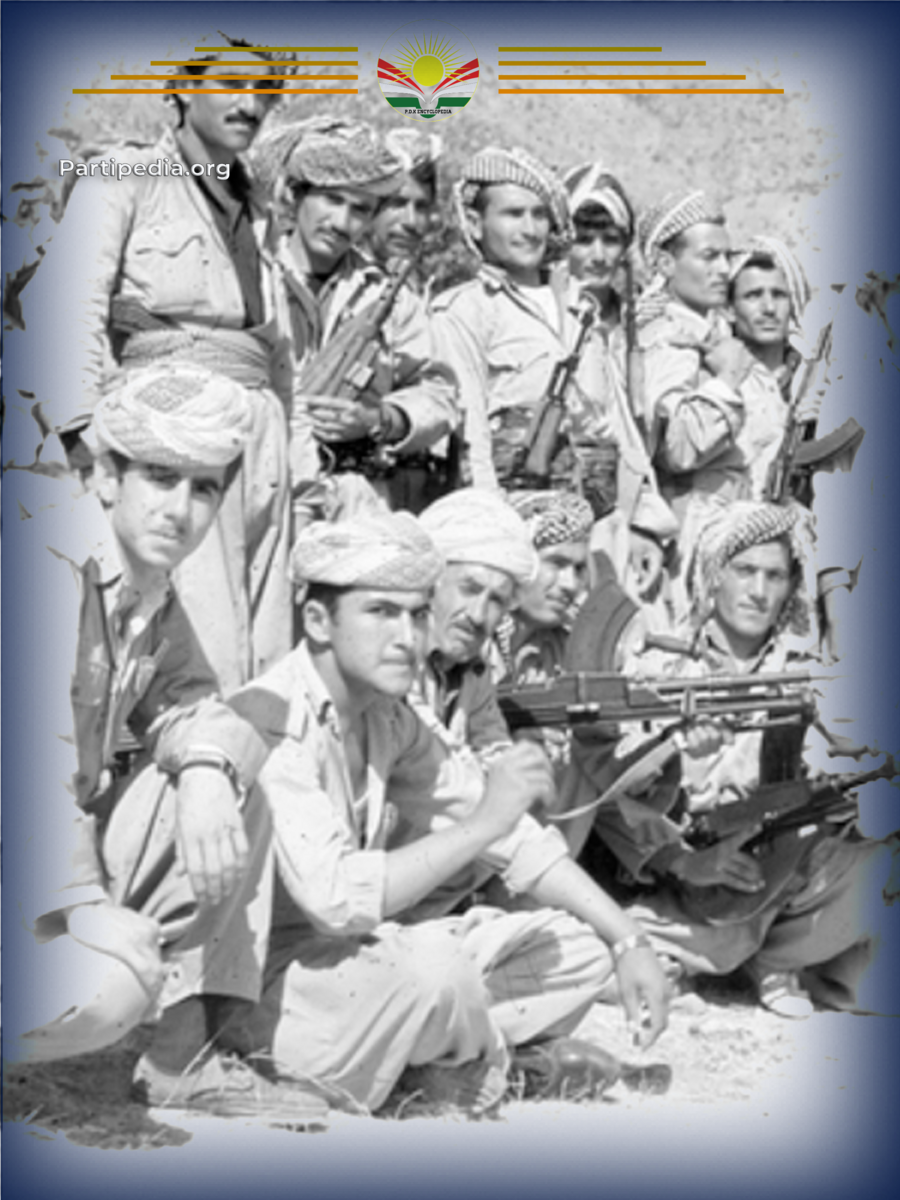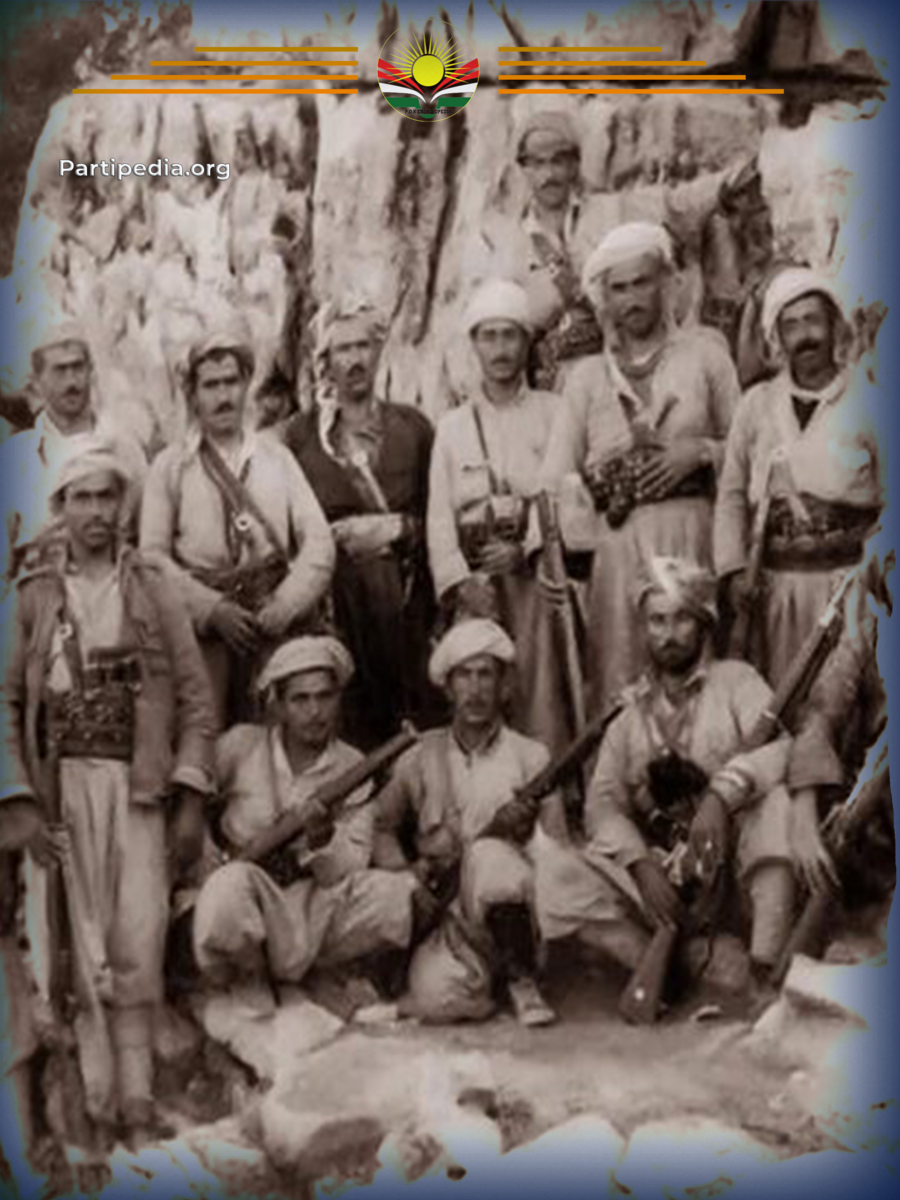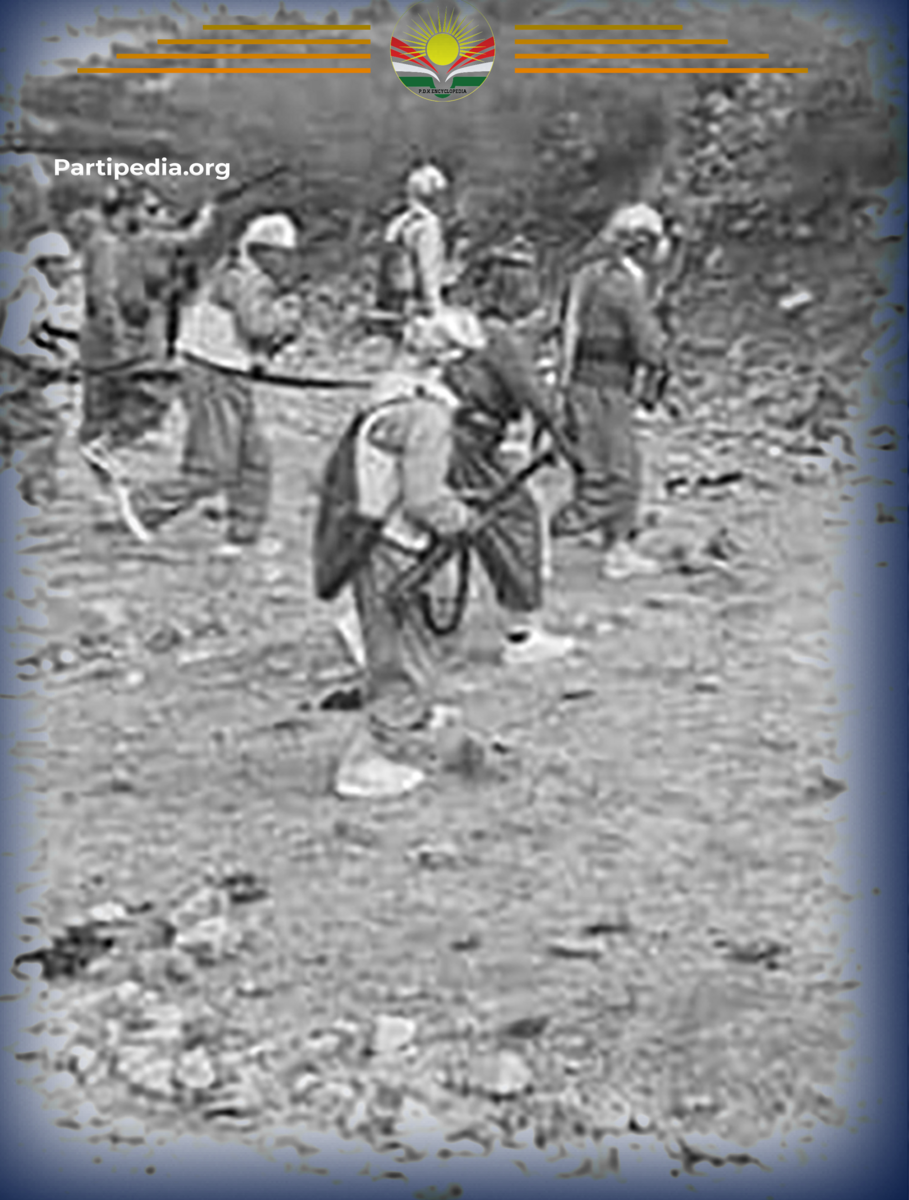In the summer of 1963, the Iraqi government led by Abdul Salam Arif launched a widespread offensive against Kurdistan. He issued a statement refusing to hold talks with the leaders of the Kurdish revolution and decided to resume a bloody war against the Kurds. Then they began to attack the cities, towns and villages, and then they began to arrest, expel, hunt down and massacre all the people of the areas that were subjected to military attacks. The Ba'athists believed that the regime of Abdul Karim Qassimi had not fought the Kurdish war seriously before them but that they could destroy the Kurdish revolution in a short time.
Apparently, this shows the fact that Abdulsalam Arif never believed in the Kurdish cause in Iraq, which was reflected in his speeches and addresses that did not recognize the Kurds and did not use the word Kurdistan
Before the outbreak of the war on May 20, 1963, the army commander-in-chief ordered an economic embargo on Kurdistan. With the resumption of the war on June 10, severe crimes against moral and human values were committed in many places. Obviously, during this period, Sulaimani was more oppressed by the Iraqi army than other Kurdish cities. Whenever the army and military convoys were attacked by the Peshmerga, they would come and take revenge on the residents of Sulaimani.
One of these acts of violence and inhumanity was the incident in Sulaimani on the orders of Zaim Sadiq Mustafa, commander of the 20th Brigade, which was known as the most brutal Brigade in Iraqi history; their hands were red with the blood of thousands of young people in this country. Sulaymaniyah had become a burning torch in the body of its opponents. Five thousand civilians were arrested in the massacre; they chose (86) from the detainees and buried them alive. Their only crime was that the Ba'athists had brought a picture of the Kurdish revolutionary leader Mustafa Barzani into the crowd and ordered them to insult him. They were not willing to accept such humiliation. Apparently, one of the detainees had replied:
"If you are willing to disrespect your president, then we will obey you." Consequently, the Ba'athists did not spare them and massacred all of them.
The Iraqi army did not stop there; in the autumn of 1963, the Iraqi army launched a military campaign against the Azmar Mountain Range, five kilometres away from Sulaymaniyah. The Iraqi army attacked the Peshmerga positions with the support of tanks, planes and machine guns. The Peshmerga forces fought back on the defensive battlefield. The weapons they had were (rifles, یانزەتیر، ڕەشاش برێن); from daybreak till dusk, the government forces attacked the Peshmerga positions three times. However, the Peshmerga's resistance and confrontation were such that they were able to defeat all three attacks and force the Iraqi army to retreat to the foot of the mountain, leaving several dead bodies on the battlefield.
Although the Iraqi army's defeat brought peace to the region for a while, But the Iraqi army was preparing for a more extensive attack with a more substantial plan. However, the Peshmerga forces again established their positions very well. They withstood them strongly, Their plan failed, and their attack was foiled, and they suffered heavy damage. Still, the Iraqi army, in revenge for their defeat, descended on the lives of (shepherds, caravans and traders) on the outskirts of Sulaimani and captured them, arrested them and martyred all of them. In the battle of Mount Azmar, which is an example of a series of battles of national defence, the Ba'ath army attacks were defeated several times and caused heavy casualties. There was only one martyr by the Peshmerga forces.
Resources:
-
شەوکەت مەلا ئیسماعیل حەسەن: ڕۆژانێ لە مێژووى شۆڕشى ئەیلوول، چاپخانەى وەزارەتى پەروەردە، هەولێر، ٢٠٠٧.
-
مسعود بارزانی: بارزانی و بزوتنەوەى ڕزگاریخوازی کورد، بەرگی سێیەم، بەشی یەکەم، شۆڕسی ئەیلوول ١٩٦١-١٩٧٥، چ: یەکەم ٢٠٠٤.
-
هاوکار کەریم حەمەشەریف: شۆڕشى ئەیلوول، چاپخانەى زانکۆى سەلاحەدین، هەولێر، ٢٠١٢.
-
ئیبراهیم جەلال: باشورى کوردستان و شۆڕشى ئەیلوول بنیادنان و هەڵتەکاندن ١٩٦١- ١٩٧٥، چاپی چوارەم، ٢٠٢١.
-
ئارى کەریم: چەند لاپەڕەیەکى زیندوو لە شۆڕشى ئەیلوولدا، چاپخانەى خەبات، دهۆک ١٩٩٩.
-
خۆشەوى عەلى کانیەلنج: بیروەریەکانى عەزیز قازى حەمەد سورچى، چاپخانە دانیشفەر، هەولێر، ٢٠٢٣




